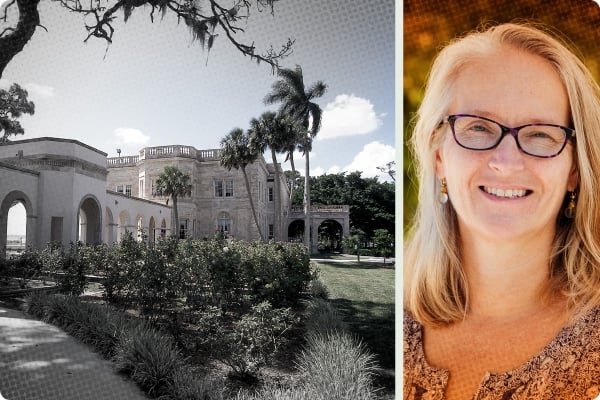New College of Florida, a small liberal arts college in Sarasota, is making waves in the academic community by drastically reducing its collection of books in the library. This decision, made in an effort to modernize the library and prioritize digital resources, has sparked controversy and led to the resignation of several professors in the English department.
The decision to reduce the number of physical books in the library was met with backlash from faculty, students, and alumni who argue that books are an essential part of a liberal arts education. Many believe that physical books provide a deeper, more meaningful learning experience than digital resources alone. Furthermore, some argue that the move to prioritize digital resources over physical books is a reflection of the college’s shifting priorities towards technology and away from traditional academic values.
In response to the library’s decision, several professors in the English department have resigned in protest. These professors, who have dedicated their careers to teaching literature and fostering a love of reading in their students, feel that the diminishing presence of books on campus is a direct threat to the quality of education at New College.
One of the professors who resigned, Dr. Sarah Thompson, spoke out against the decision, stating that “books are the backbone of a liberal arts education. They are not just tools for learning, but sources of inspiration, creativity, and critical thinking. By devaluing physical books, the college is sending a message that these values are no longer important.”
The loss of these professors is a significant blow to New College, as they were highly respected and beloved members of the faculty. Their departures have left many students feeling disheartened and concerned about the direction in which the college is heading.
Despite the controversy, the administration at New College stands by their decision to reduce the number of physical books in the library. They argue that digital resources are more accessible and convenient for students, and that the move is necessary to keep up with the rapidly changing landscape of higher education.
However, many in the New College community are calling for a reevaluation of this decision and a renewed commitment to the importance of books in a liberal arts education. They believe that the college must prioritize academic values and the well-being of its faculty and students over the convenience of digital resources.
In the meantime, the loss of these professors and the diminishing presence of books on campus serve as a stark reminder of the ongoing debate between tradition and innovation in higher education. It remains to be seen how this controversy will impact the future of New College of Florida and the values it upholds.



